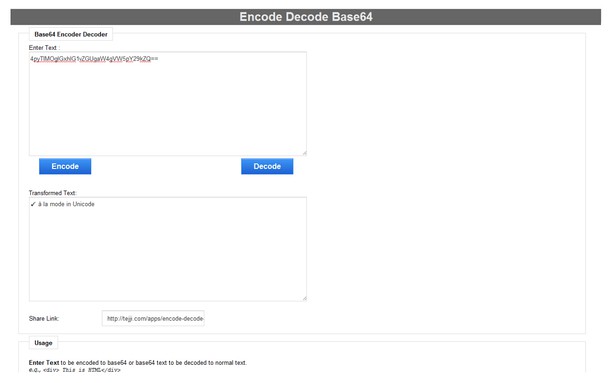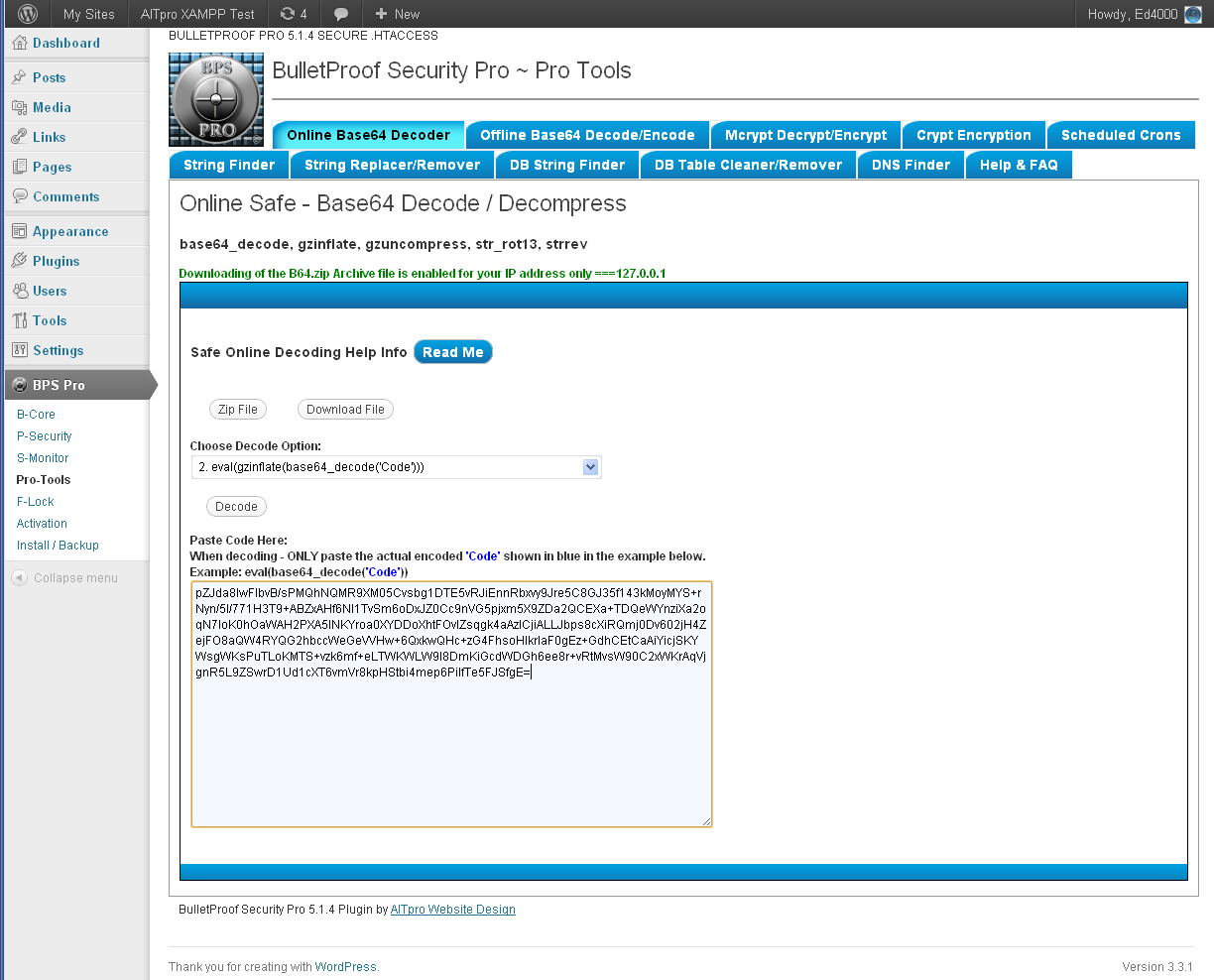

Note: This does a StringComparison.Ordinal kind of comparison. Public static int IndexOf(this StringBuilder pThis, string pSearchString, int pStartIndex = 0) LFileStream.Write(DecodedBase64, 0, DecodedBase64.Length)

Important notes about the decoder The Base64 to JPG converter will force the decoding result to be displayed as a JPG image, even if it is a different file type.
#Base64 decode image download
Using (var lFileStream = lFile.Open(FileMode.CreateNew, FileAccess.ReadWrite, FileShare.ReadWrite)) Click on the filename link to download the JPG image. LFile.Delete() //FileSystemHelper.Delete(lFile) FileSystemHelper.EnsureDirectoryExistence(lFile) LFile = pSaveToFile.ChangeExtension("." + FileType) If(pAdjustFileType & string.IsNullOrWhiteSpace(FileType) = false) Public void Save2File(FileInfo pSaveToFile, bool pAdjustFileType = true) After you paste your encoded string and click the 'decode' button, you will see the decoded image and a button to download the image as a file. For instance, you can convert Base64 to PNG image. / the file type for the given file will be adjusted accordingly Base64 image decoder is a tool that converts Base64 string to image. / if the file type of the base64 is present (default=true) If you are looking for the reverse process, check GIF to. By and large, the Base64 to GIF converter is similar to Base64 to Image, except that it this one forces the MIME type to be image/gif. / Saves the analyzed base64 content to the given file. Convert Base64 to GIF online using a free decoding tool that allows you to decode Base64 as GIF image and preview it directly in the browser. LRet.DecodedBase64 = Convert.FromBase64String(lStringBuilder.ToString()) Base64 is a method for converting data into string with proper printable characters only, and that too a restricted set avoiding the need for escaping any. Var lStart = lTokenIndex + SearchToken.Length LRet.FileType = lStringBuilder.ToString(lSplitIndex, lFileTypeLength) If (lSplitIndex > 0 & lFileTypeLength > 0) Var lFileTypeLength = lTokenIndex - lSplitIndex - 1 Var lSplitIndex = lStringBuilder.IndexOf("/") + 1 Var lTokenIndex = lStringBuilder.IndexOf(SearchToken)


LStringBuilder.Replace(" ", string.Empty) LStringBuilder.Replace("\r\n", string.Empty) Var lStringBuilder = new StringBuilder(pBase64Str, pBase64Str.Length) Public static Base64Helper Analyze(string pBase64Str) / Removes preambleand cleans base64 encoded file content. Public const string SearchToken = "base64," (I'm assuming png below)* #!/usr/bin/env pythonįile_name = os.path.splitext(sys.Here is my Solution, maybe its helpful: var lTest12 = "data:image/png base64,iVBORw0KGgoAAAANSUhEUgAAAAYAAAAGCAYAAADgzO9IAAAAlklEQVQImS3DPwqCUAAH4HeVelG3cHB39hAOLnUAj+BSk4NDXcTNQaLsD7wwbLCCFyiIpObv11AffOK2WSNbzIezaSKdSB7kryi15iPdIw9DXFwXJ8NAKiXFp+9ZVxVfRcEiSZAHAZTjQJAkAL6bhqXWfCqF62o5CP6hbVFGETLPw9GyINB1qOMYd9+Hsm3spjNsR2N+AW4acROELpkYAAAAAElFTkSuQmCC"
#Base64 decode image plus
That should be in the data URI's of the images within the HTML page your pulling them from " img src='data:image/ png base64.". Base64 is a way of representing data using only readable characters like letters, numbers, and some symbols like the plus symbol. The only caveat is that you need to know if it was png, jpg, etc.
#Base64 decode image code
*Here is some code that will reverse the above. #!/usr/bin/env pythonįile_name = os.path.splitext(sys.argv)ī64imgfile = open(fname + fext + '.txt', 'w') I'm sure you could reverse this for what you need. I wrote this to go the other way (img to base64) for image URIs.


 0 kommentar(er)
0 kommentar(er)
